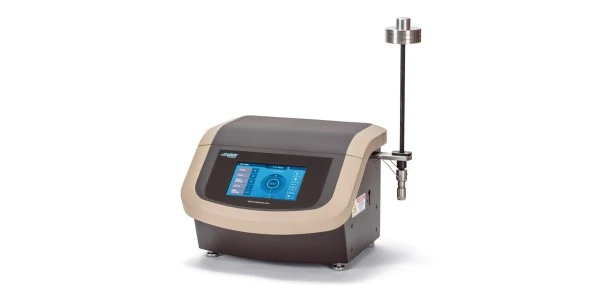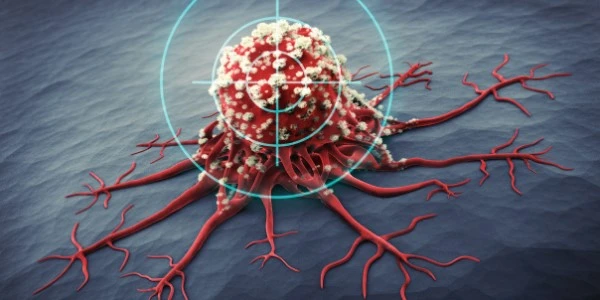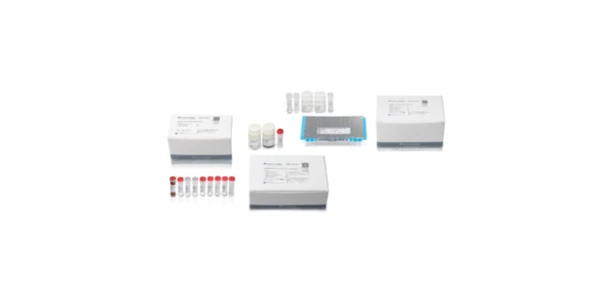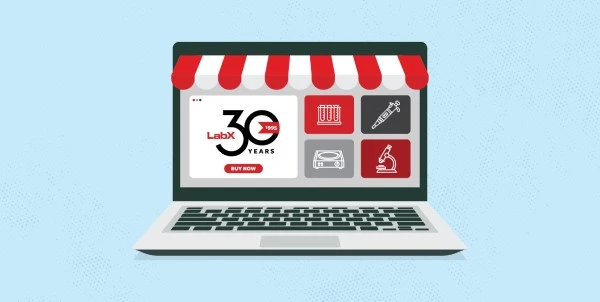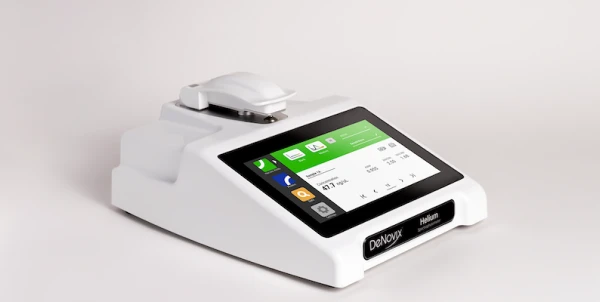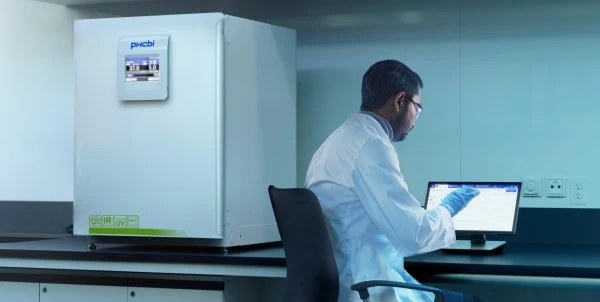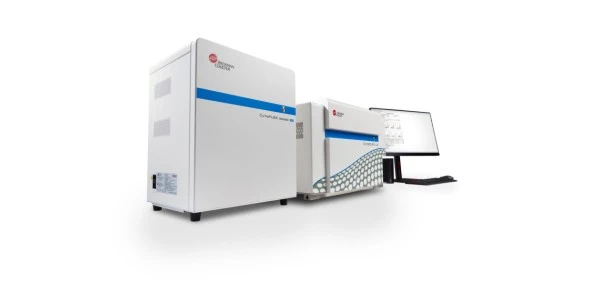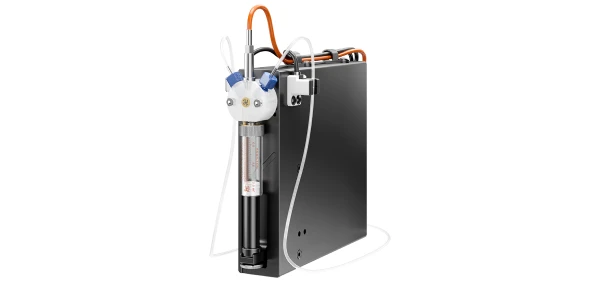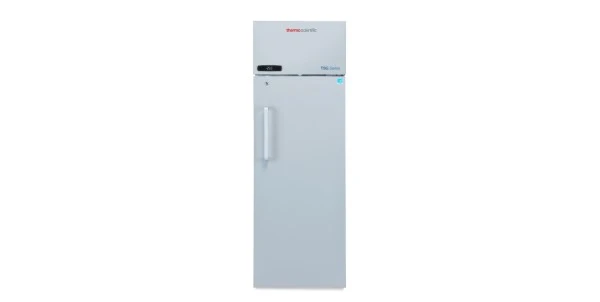The Best Biotechnology Equipment: A Buyer's Guide to Price and Features
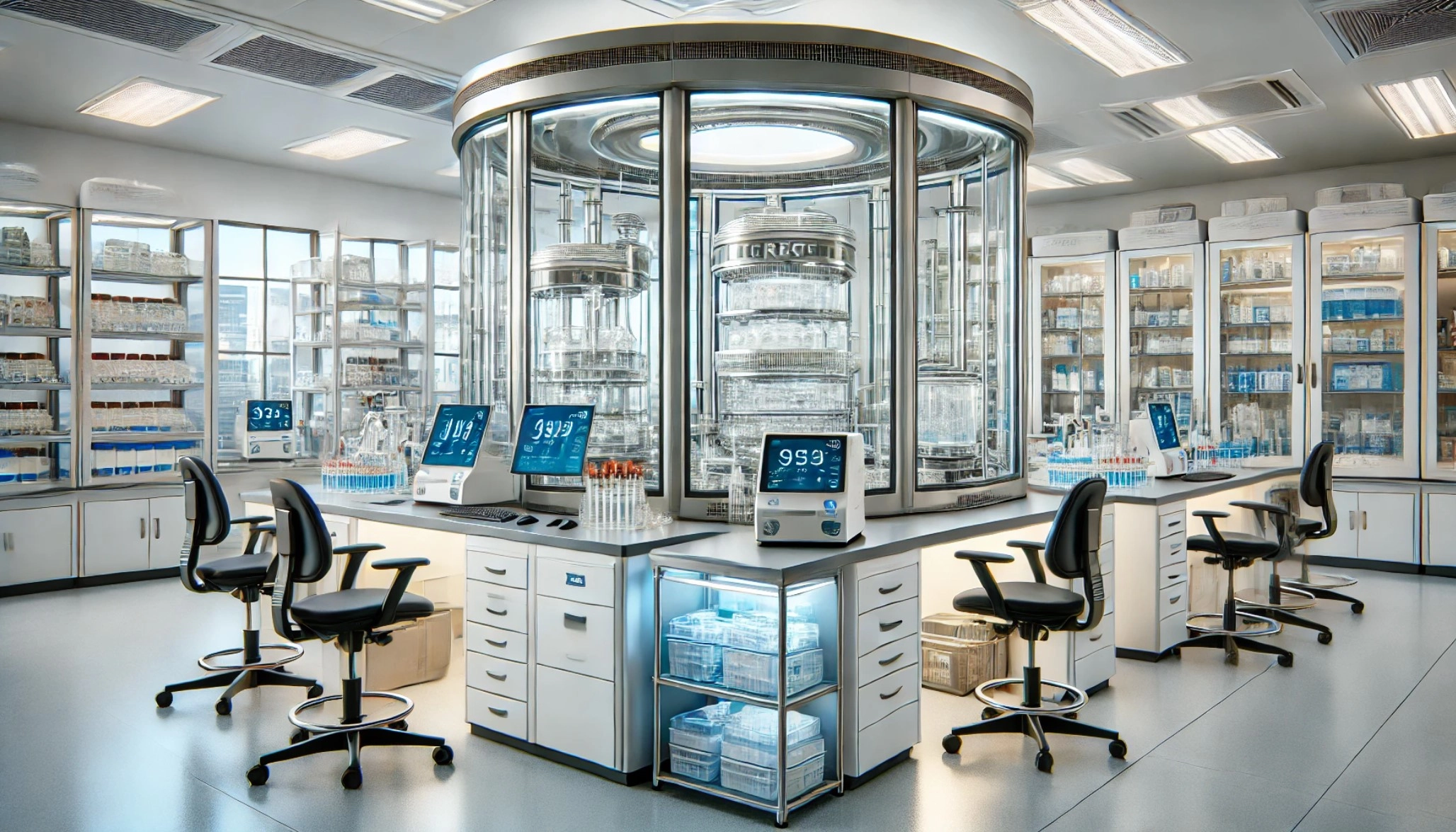
Precision, Scalability, and Automation are Key Considerations to Find the Best Biotechnology Equipment at the Best Price
Biotechnology equipment plays a crucial role in advancing research and development across various fields, including genetics, microbiology, pharmaceuticals, and environmental science. This equipment is essential for applications such as DNA sequencing, protein analysis, cell culture, and drug discovery. Selecting the right biotechnology equipment involves considering factors such as precision, scalability, and automation to meet specific research and production needs. This guide provides an overview of different types of biotechnology equipment, key features to consider, and a price guide to help you make an informed decision.
Types of Biotechnology Equipment
1. PCR Machines (Thermal Cyclers)
PCR Machines (Thermal Cyclers) are used for amplifying DNA and RNA sequences through the polymerase chain reaction (PCR) process. These machines are essential for genetic research, diagnostics, and forensic analysis. They offer precise temperature control and fast cycling times to ensure accurate and efficient amplification.
Applications: DNA amplification, genetic research, diagnostics, forensic analysis, and cloning.
2. Gel Electrophoresis Systems
Gel Electrophoresis Systems are used to separate DNA, RNA, and proteins based on size and charge. These systems consist of a gel tank, power supply, and gel documentation system. They are commonly used in molecular biology and biochemistry for analyzing nucleic acids and proteins.
Applications: DNA and RNA analysis, protein separation, molecular cloning, and genetic fingerprinting.
3. DNA Sequencers
DNA Sequencers are sophisticated instruments used to determine the sequence of nucleotides in DNA. These systems are critical for genomics research, personalized medicine, and genetic engineering. DNA sequencers vary in throughput, from small benchtop units to high-throughput, next-generation sequencing (NGS) platforms.
Applications: Genomics research, personalized medicine, genetic engineering, and evolutionary biology.
4. Cell Culture Incubators
Cell Culture Incubators provide a controlled environment for growing and maintaining cell cultures. These incubators regulate temperature, humidity, and CO2 levels to create optimal conditions for cell growth. They are widely used in tissue engineering, vaccine production, and cancer research.
Applications: Cell culture, tissue engineering, vaccine production, and stem cell research.
5. Flow Cytometers
Flow Cytometers are used to analyze the physical and chemical properties of cells or particles as they flow through a laser beam. These instruments provide rapid, quantitative analysis of cell populations, including cell counting, viability, and phenotyping. Flow cytometers are essential in immunology, hematology, and oncology research.
Applications: Cell counting, immunophenotyping, apoptosis analysis, and cancer research.
6. Bioreactors and Fermenters
Bioreactors and Fermenters are used for growing microorganisms, cells, or tissues under controlled conditions. These systems provide optimal environments for large-scale production of biological products, such as proteins, enzymes, and vaccines. Bioreactors can be used for both batch and continuous processes.
Applications: Large-scale cell culture, microbial fermentation, protein production, and vaccine development.
7. Automated Liquid Handlers
Automated Liquid Handlers are robotic systems designed to automate liquid handling tasks, such as pipetting, dispensing, and sample preparation. These systems increase throughput, reduce errors, and improve reproducibility in lab workflows. Automated liquid handlers are widely used in high-throughput screening, drug discovery, and genomics.
Applications: High-throughput screening, sample preparation, drug discovery, and genomics research.
Key Features to Consider When Buying Biotechnology Equipment
1. Precision and Accuracy
High precision and accuracy are essential for reliable and reproducible results in biotechnology applications. Look for equipment with advanced sensors, precise control systems, and robust calibration features to ensure consistent performance.
2. Scalability and Throughput
Scalability is important for accommodating varying sample sizes and experimental scales. Choose equipment that can handle both small-scale and large-scale applications, allowing for growth and flexibility in research and production. High-throughput systems are ideal for labs that process large numbers of samples.
3. Automation and Integration
Automation features reduce manual intervention, improve efficiency, and minimize errors. Look for equipment with automated protocols, programmable settings, and compatibility with laboratory information management systems (LIMS) for seamless integration into lab workflows.
4. User-Friendly Interface
A user-friendly interface simplifies operations and reduces the learning curve for lab personnel. Equipment with intuitive controls, touchscreens, and software interfaces allows for easy setup, monitoring, and data analysis.
5. Data Management and Analysis
Advanced data management and analysis capabilities are essential for handling large volumes of data generated by biotechnology experiments. Choose equipment with robust software tools for data acquisition, storage, analysis, and reporting.
6. Maintenance and Support
Consider the ease of maintenance and availability of technical support. Biotechnology equipment with accessible components, clear maintenance protocols, and reliable customer support ensures long-term reliability and minimizes downtime. Manufacturer warranties and service plans provide added security.
Biotechnology Equipment Price Guide
- PCR Machines (Thermal Cyclers): $3,000 - $15,000
- Gel Electrophoresis Systems: $500 - $5,000
- DNA Sequencers: $10,000 - $500,000
- Cell Culture Incubators: $2,000 - $10,000
- Flow Cytometers: $30,000 - $150,000
- Bioreactors and Fermenters: $5,000 - $100,000
- Automated Liquid Handlers: $20,000 - $200,000
View all Biotechnology Equipment Listings on LabX.com
Selecting the best biotechnology equipment involves considering factors such as precision, scalability, automation, and data management. By choosing high-quality equipment that meets your specific needs, you can enhance the accuracy, efficiency, and reliability of your research and production processes. For more detailed specifications or to view models, visit LabX.com to browse products and gain additional insights to help in making the best choice for your lab's needs.
